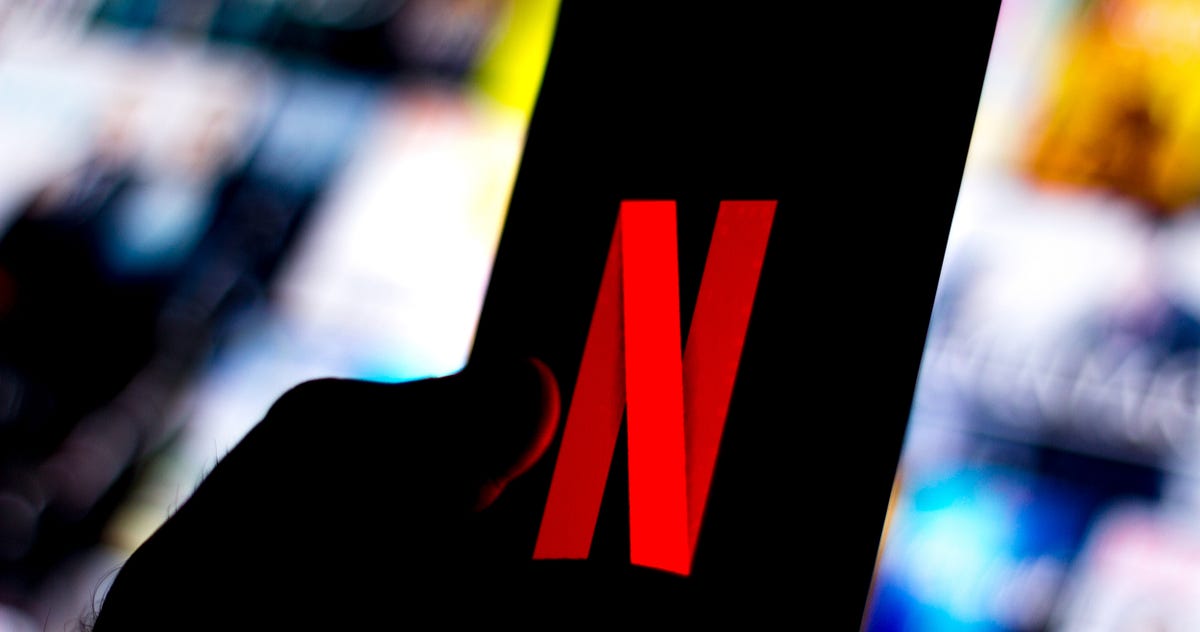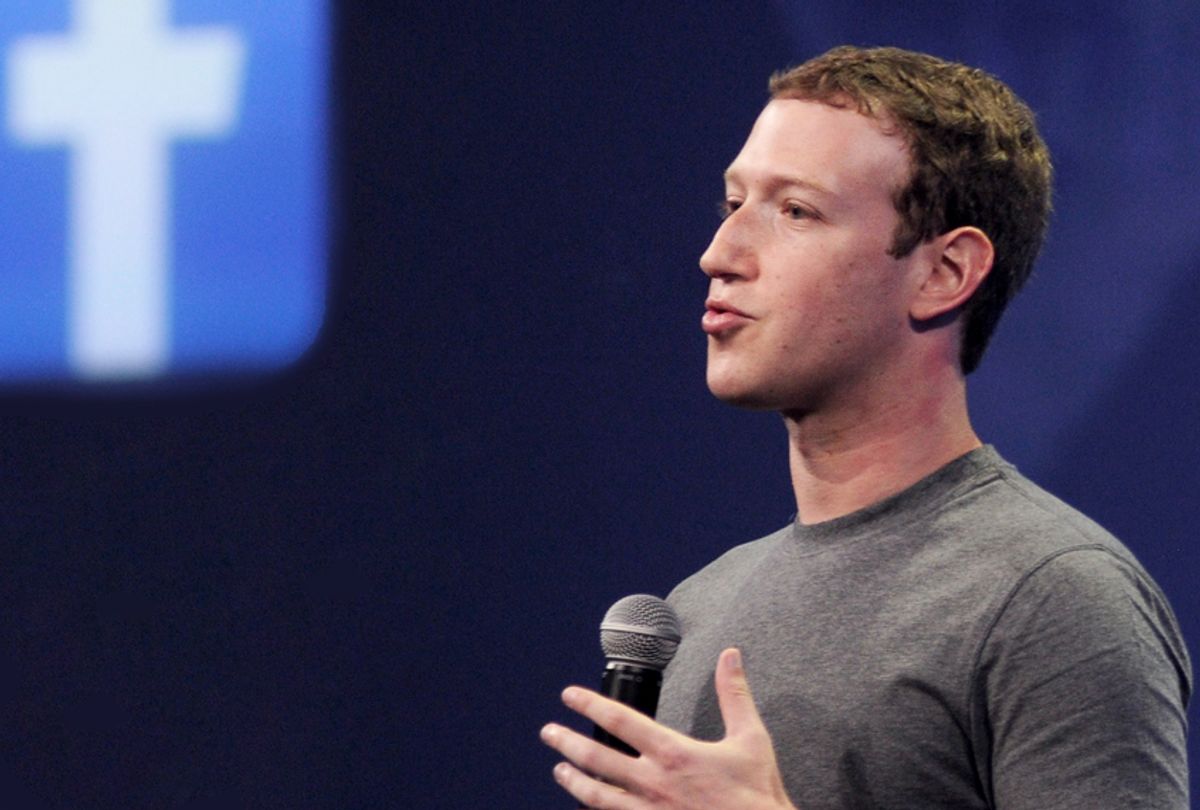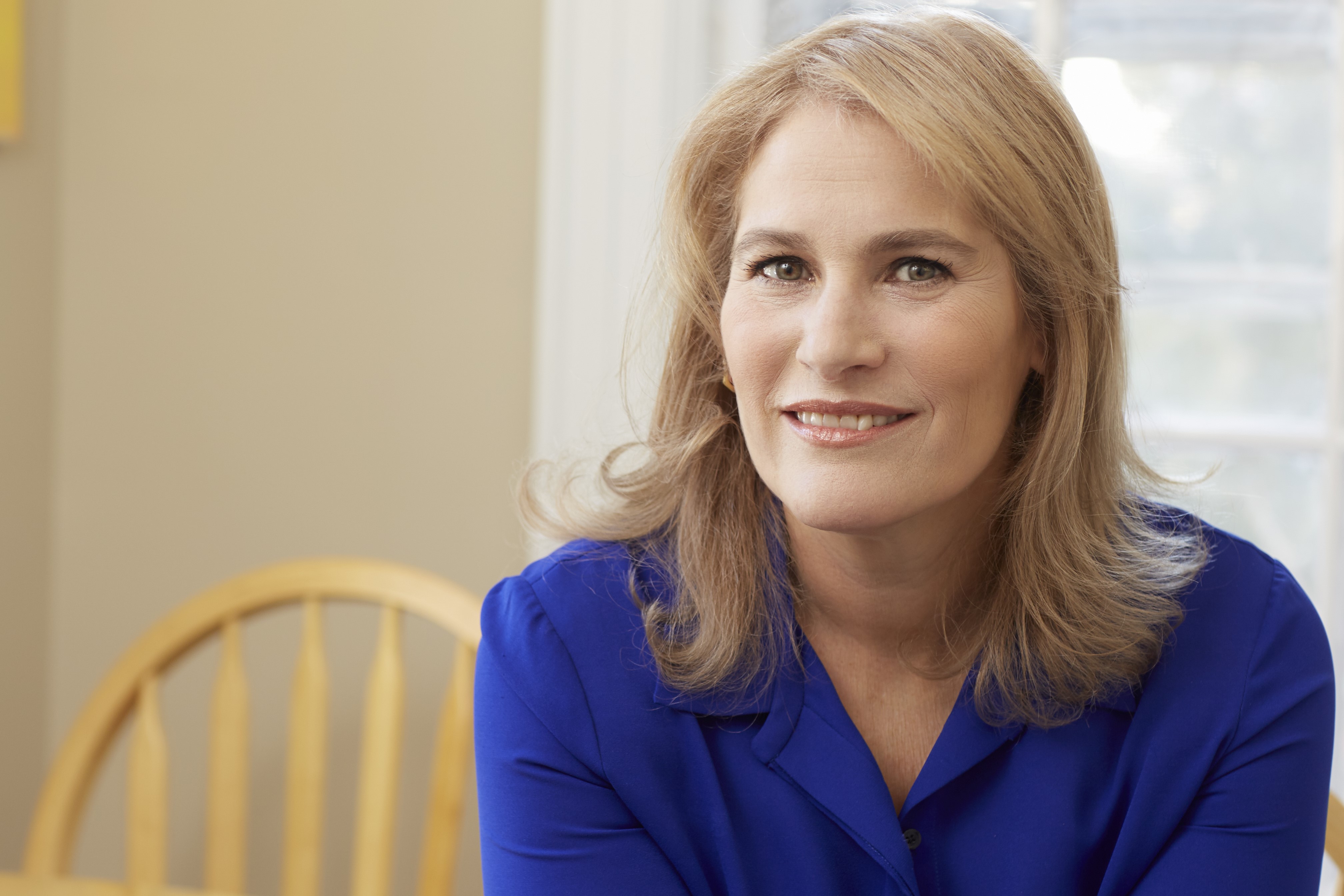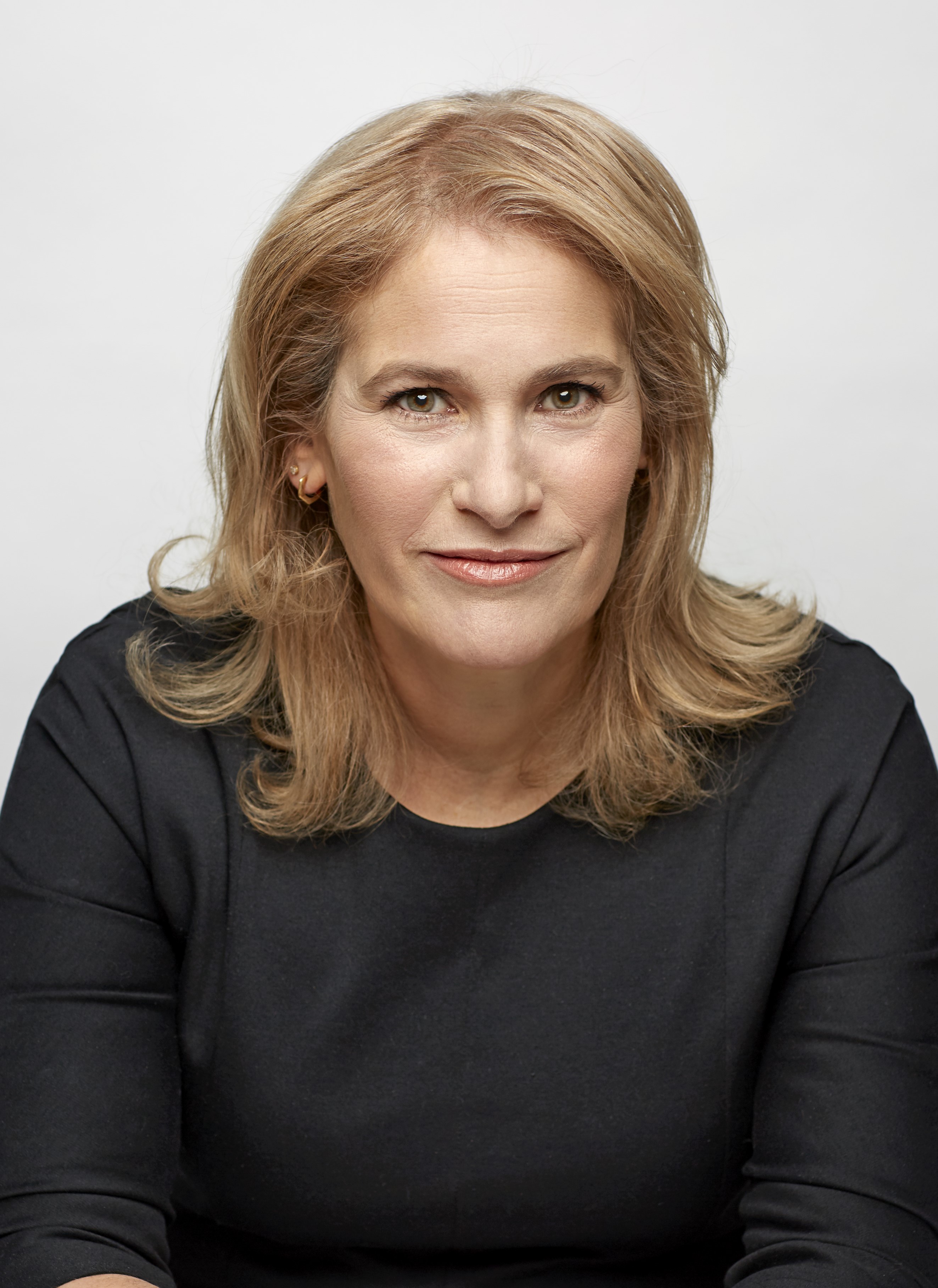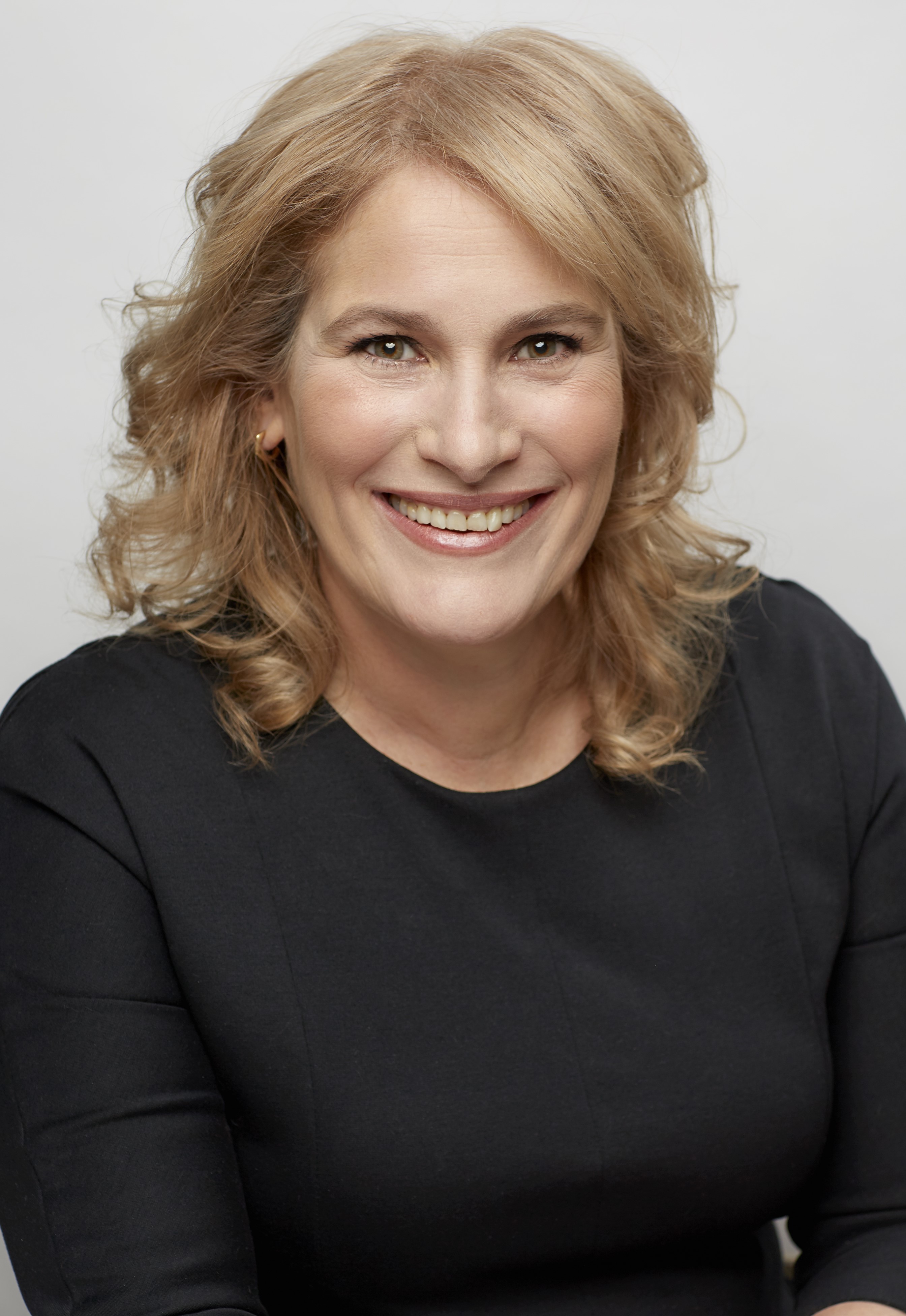Mara Einstein | Source | Professor at Queens College, City University of New York

Mara Einstein
Dr. Mara Einstein is an marketing-expert-turned-critic, educator, and speaker on the impact of marketing on culture and society—from corporate “wokewashing” to church promotion, from influencers to digital surveillance. She combines her knowledge as a scholar with her experience as a former marketing executive to clarify mystifying marketing strategies so that people may have agency in today’s consumer culture.
-
Queens College, City University of New York (http://qc.cuny.edu)
Professor
started Aug 1999
-
The Ugly Truth Behind Netflix’s Record Quarter
Will the coronavirus quarantine boost be a long-term boon for Netflix? Probably not.
Article -
Hey, Marketers, Read the Room
How Walmart and Popeyes Chicken became case studies in how not to advertise during a crisis
Article -
It's not just Facebook's Russian ads: Hidden advertising is pervasive and growing
Russians were able to secretly insert themselves into our political system because online ads have gone unchecked
Article
-
Gen Z Faces Perma Crisis: A Stark Contrast to 2010s Optimism
Mara argues that Gen Z has grown up in a "Perma crisis," unlike the hopeful 2010s. From 9/11's shadow to climate crises, school shootings, and a crumbling democracy, Gen Z's world is starkly different. The pandemic and economic instability further compound their challenges, contrasting sharply with the perceived optimism of the early 2010s. -
Potential TikTok Ban Threatens Creator Incomes and Social Media Landscape
Mara highlights TikTok's unique algorithm, fostering high engagement and diverse content. A ban could devastate creators' incomes and small businesses. She warns, "Social media will die," as users resist migrating to Meta platforms. Mara plans to pivot to YouTube and Substack if TikTok disappears, emphasizing the platform's irreplaceable role. -
Unconventional Brand Partnerships: Why They Work
Mara states, “One brand activates the other in relation to their target audience.” For instance, Volvo and D.S. & Durga use "borrowed interest" to enhance each other's brand perception. Similarly, Heinz and Absolut gain credibility with each other's users. These partnerships work by leveraging each brand's unique appeal.
-
The New York Times: Storm Charity: 15% of What?
For every new credit card application, American Express would donate one dollar to the statue’s restoration; for every transaction, it would contribute one penny. Eventually, the effort raised $1.7 million. As Mara Einstein, a professor of marketing at Queens College, explains in her recent book, “Compassion Inc: How Corporate America Blurs the Lines Between What We Buy, Who We Are and Those We Help,” this was essentially the beginning of what is known as cause marketing.
-
The Washington Post: How to protect yourself — and your wallet — from fake news
Because consumers have become more adept at skipping or blocking advertising, marketers have become more creative and covert, said Mara Einstein, a professor at Queens College at CUNY and author of “Black Ops Advertising.”
Native advertising refers to any paid product pitch that’s designed to resemble a publication’s editorial content. Because it looks like content that readers trust, they are more apt to let down their guard, Einstein said in an interview.
“In the digital space, advertisers are able to hide,” she added. “You don’t know you are reading something with a sponsor behind it.”
Einstein recommends limiting notifications from legitimate news sources, especially on your smartphone, which, in turn, will reduce the time you spend online and reduce your exposure to ads pretending to be news. She also suggests using browser plug-ins like Ghostery and Disconnect to block websites from tracking you.
-
CNN: Is there space for Playboy in the #MeToo era?
That fantasy has always been a big part of Playboy’s success, says Mara Einstein, professor of media studies at Queens College.
The Playboy Club is trying to enliven an decades-old brand with deep associations, many of which feel out of sync today, for a generation of customers who appreciate a brand experience.
“Millennials are very experiential-oriented. It’s not about just buying a brand, it’s about experiencing a brand,” she says. “If you’re going to create a retail space to engage with the brand — from that perspective, it makes all the sense in the world.”
